

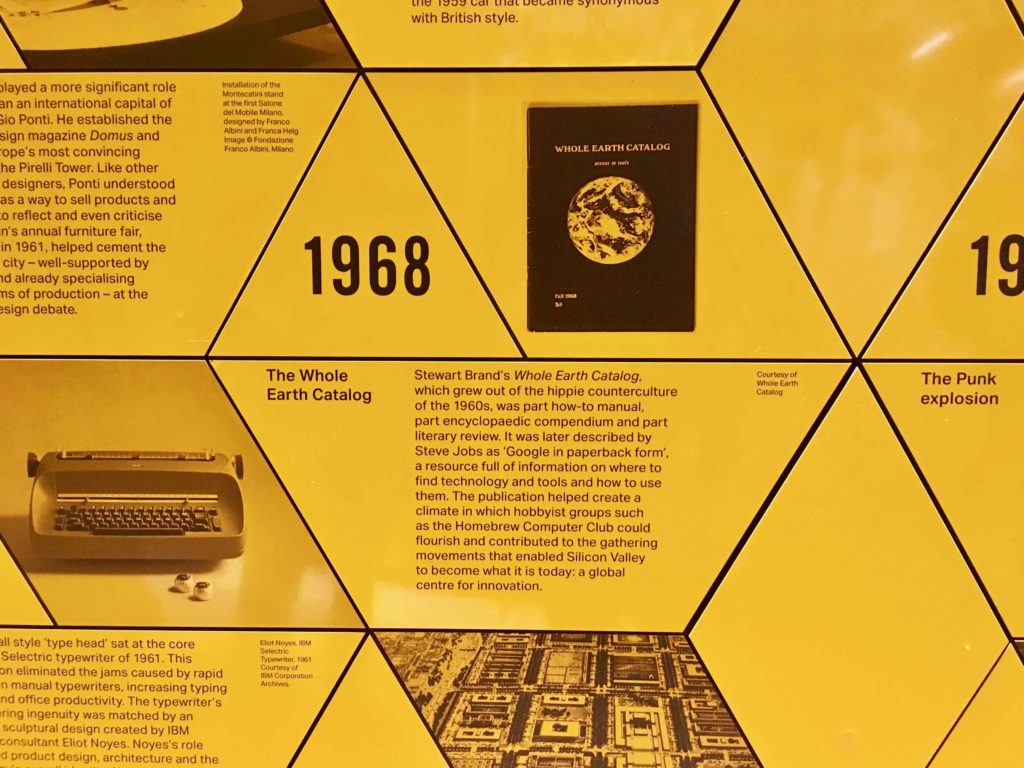
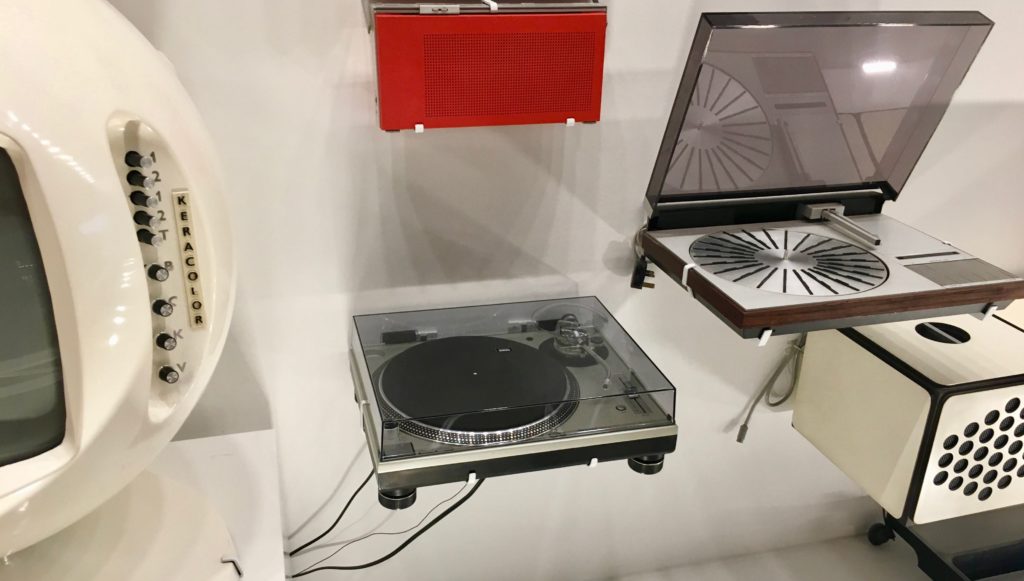
Delightful visit to Leighton House Museum with Will Rosenzweig, followed by Design Museum and then back to Barnes for lunch at Sonny’s. In total, spent nine hours together – and it felt too short.




Delightful visit to Leighton House Museum with Will Rosenzweig, followed by Design Museum and then back to Barnes for lunch at Sonny’s. In total, spent nine hours together – and it felt too short.

On Saturday, I ducked into Barnes Books and picked up a copy of Philip Kerr‘s latest Bernie Gunther novel, Greeks Bearing Gifts – having read his obituaries in recent days. Have bought in hardback, read and adored all 12 previous Gunther books.
Wondered whether 13 was indeed an unlucky number, though a silver lining in the gloom was the news that he had recently handed in a fourteenth Gunther novel.
More on Kerr here.


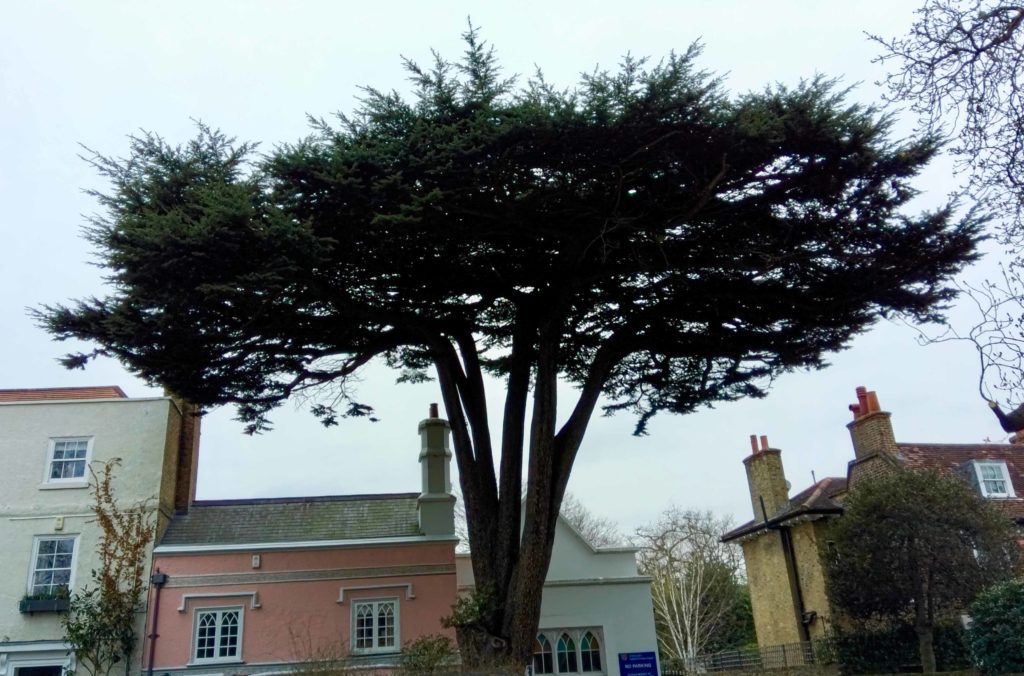

Having spotted a Financial Times review of the new Light L16 camera last year, I ordered one – and it arrived a few days back. Bigger and heavier than I had expected, but am very much enjoying testing it out – with its 16 lenses. It looks like the compound eye of some form of alien spider. An algorithm combines 10 or more images to produce the final one. More anon.
Very much enjoying The Durrells. Only met Gerry Durrell once, but loved him. This series very much in his spirit, as far as I can see.
Otherwise have spent the Easter break developing the new book – and keeping track of developments at Hill House, where things seem to be on a slightly more even keel.
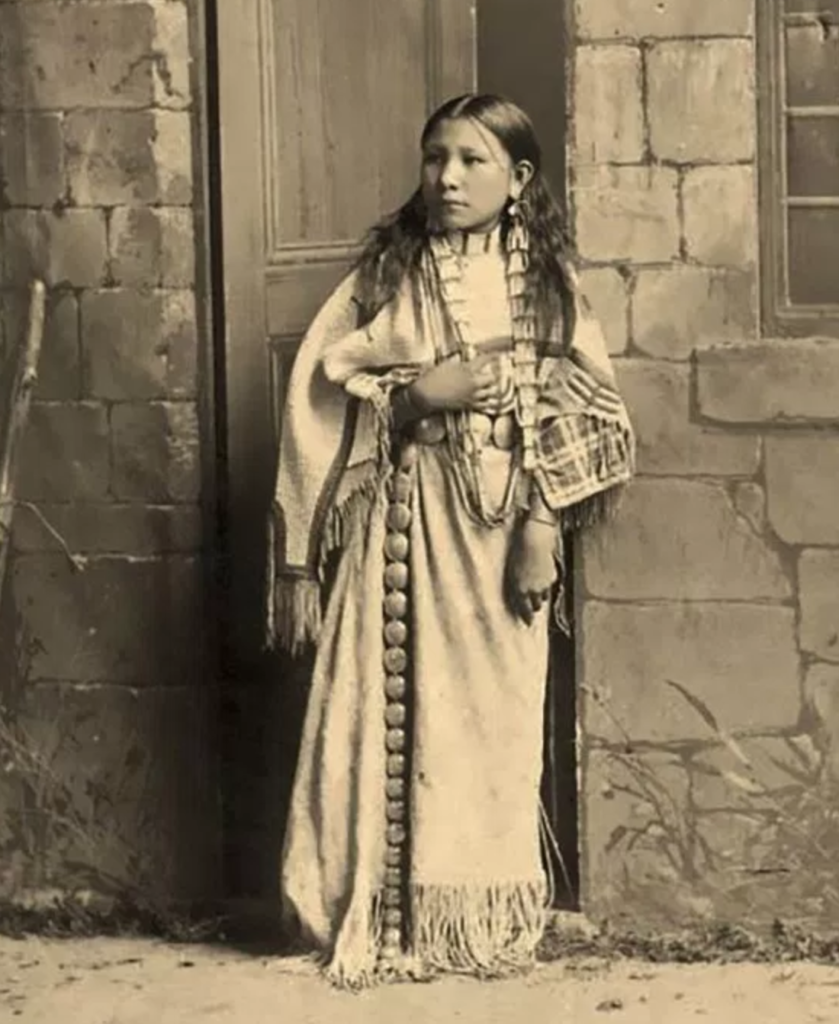
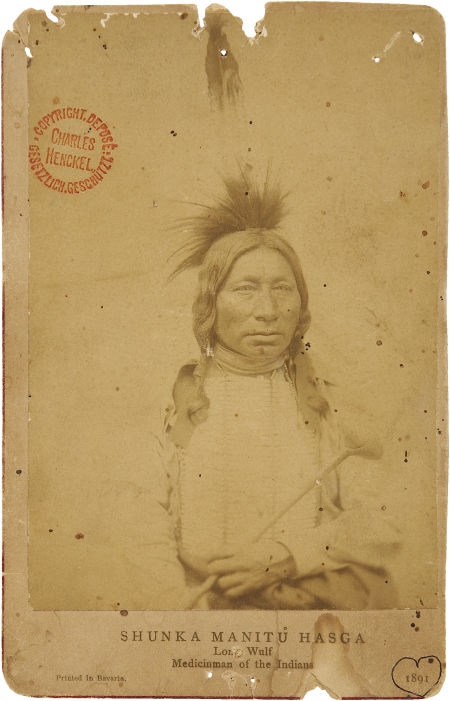
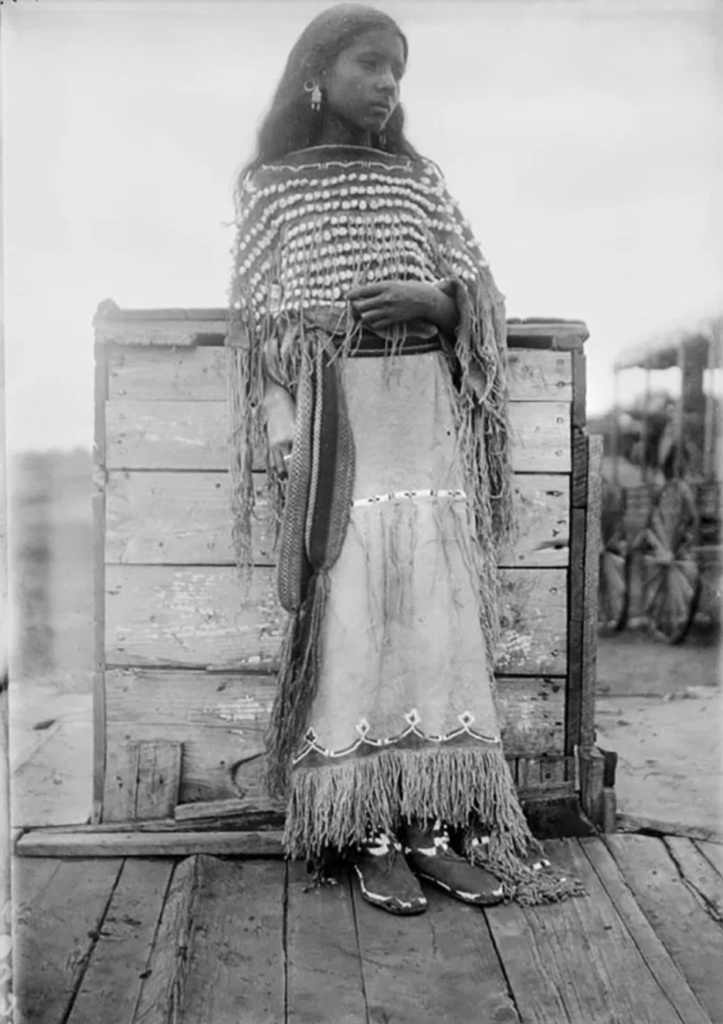
Spotted the image at top of Lizzie Long Wolf via a link on Hania’s Facebook page today. Long Wolf image surfaced in further browsing. Struck by the lower photo, too, of a Kiowa girl in 1892. Grim to recall what their peoples had been through – and still faced.
The photo of Lizzie Long Wolf brought to mind a happier memory from 1977, when I went to visit the Hammersmith Registrar of Birth & Deaths, to record Gaia’s birth.
He was intrigued by her third name, Onawa, which I explained was Choctaw. He said that he could recall only one other Native American Indian (or maybe First Peoples) name in the register. Long Wolf.
The Sioux leader and his daughter had been travelling with Buffalo Bill’s Travelling Circus when he died in Hammersmith, also in 1892. The story of his death, long stay in a London cemetery and then repatriation to the Plains is told here.
Long Wolf’s body was apparently covered in battle scars. He was said to have been at the Battle of the Little Big Horn. And earlier this week I had seen and tweeted a link to this extraordinary account of the destruction of Custer’s command based on accounts from some of those who were there, on the other side. It has the ring of truth to it.
One aspect of the encounter that I hadn’t heard of before was the role played by the Suicide Boys in Custer’s troopers falling back to join Major Reno’s force – which would largely survive the battle.
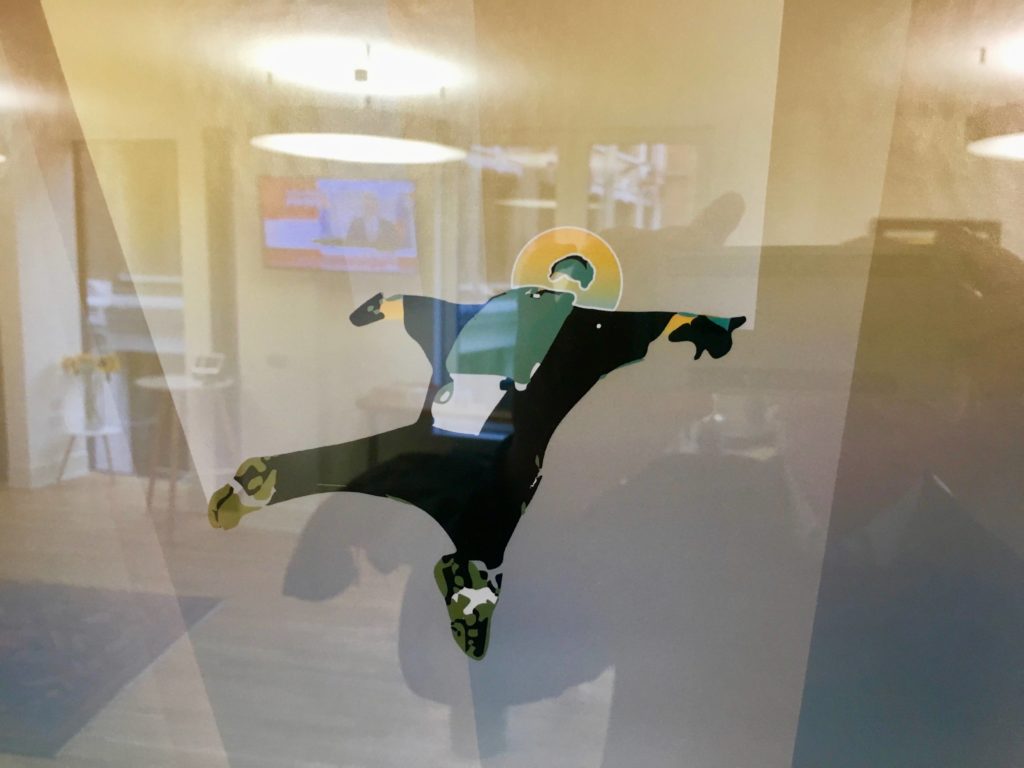
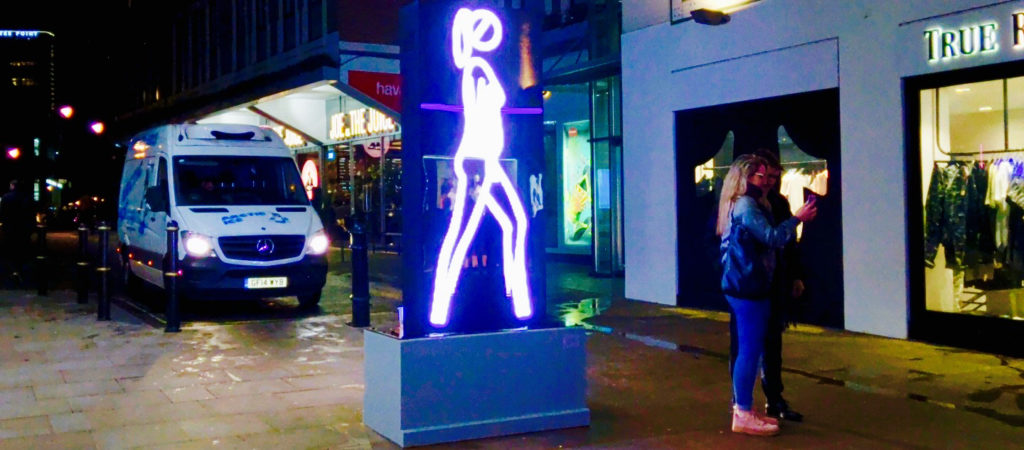
Volans is ten years old today. Happy birthday to all who have helped get us far, which is now a cast of characters pushing towards the 100 mark, I would think
Meanwhile, with the trip to Brazil; with so much happening in the office, including interviews of potential new recruits; with my brother-in-law’s funeral and my mother in poor health; and with the new book in gestation, among other things, there has been little time to do personal blogs – though tweets I have managed.
Among recent highlights have been a Volans Salon on shareholder primacy, featuring Judy Samuelson from The Aspen Institute; a session at the Wallacespace near Liverpool Street convened by Gavin Starks and focusing on climate change; a story workshop for the team with Will Hill of Long Run Works; a session with the Admissions Panel of the Social Stock Exchange; a dinner in Cambridge at Sidney Sussex College on the subject of artificial intelligence and corporate reporting; and, ahead of the Easter break, a delightful team final supper at Brindisa Soho.
John Elkington is a world authority on corporate responsibility and sustainable development. He is currently Founding Partner and Executive Chairman of Volans, a future-focused business working at the intersection of the sustainability, entrepreneurship and innovation movements.
